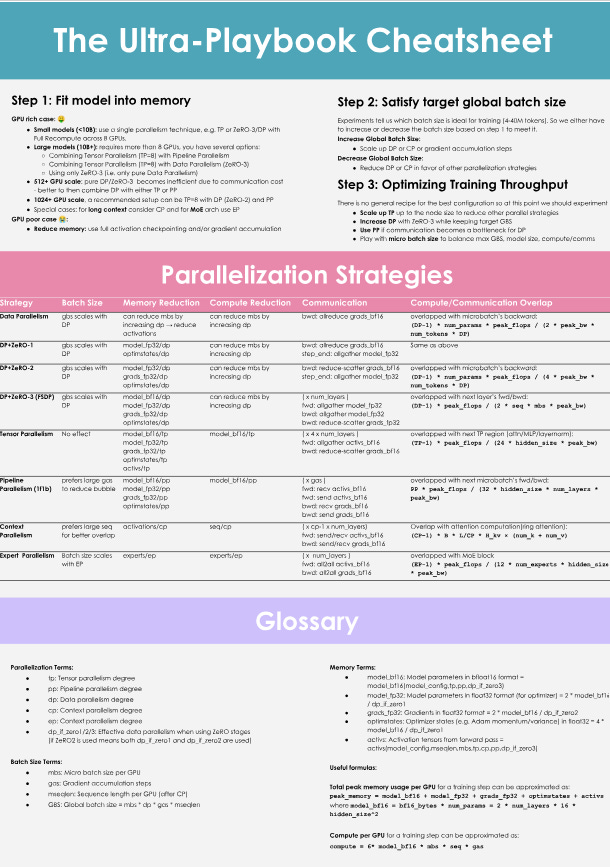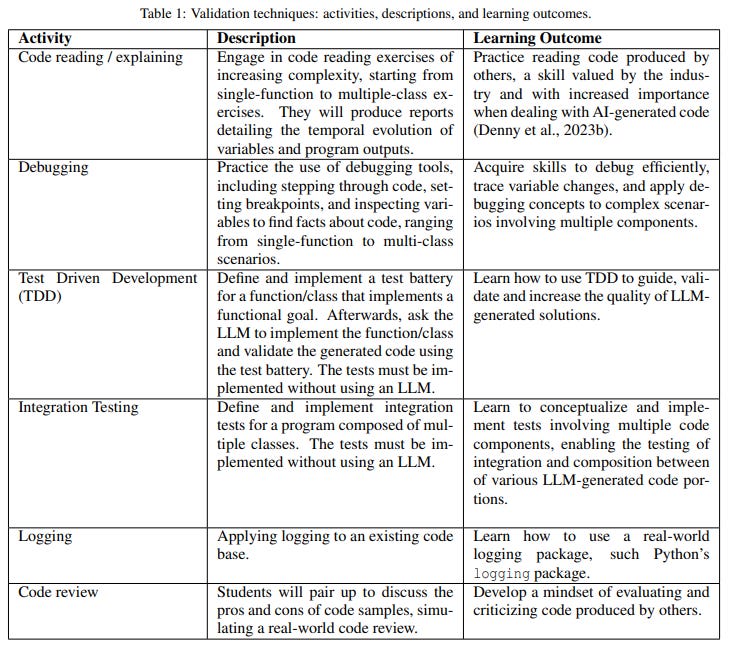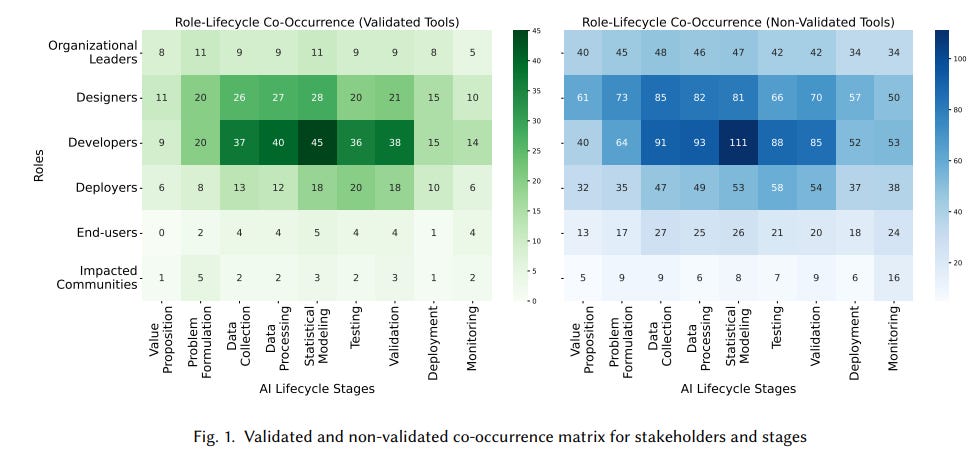This ‘Truth-Seeking’ Model is becoming a 'Nightmare' for Musk, Trump!
Today's highlights:
🚀 AI Breakthroughs
OpenAI Poised to Release GPT-4.5 Amid Speculations About AGI Milestone
• OpenAI is reportedly set to introduce GPT-4.5, also known as Orion, next week, with suggestions it's a milestone towards achieving Artificial General Intelligence (AGI)
• Speculation suggests GPT-5 could release by May, with promises of enhanced fact-checking through the integration of the o3 reasoning model, aiming for widespread availability
• Microsoft may time GPT-5's debut with its annual developer conference, Microsoft Build, in May, emphasizing its growing integration across Microsoft 365 apps, Github, and Windows 11.
Apple Commits $500 Billion to Expand U.S. Facilities, Boosts AI and Manufacturing
• Apple commits over $500 billion to U.S. investments, expanding in technology, manufacturing, and education across states including Texas, Michigan, and California over the next four years
• Plans include a new Texas factory, doubling the Advanced Manufacturing Fund to $10 billion, and accelerated focus on AI, silicon engineering, and jobs creation in high-tech sectors
• Apple to open a 250,000-square-foot server manufacturing facility in Houston, creating thousands of jobs and boosting the capacity and sustainability of Apple Intelligence infrastructure;
DeepSeek AI to Release Five New Open-Source Repositories Next Week
• DeepSeek AI plans to open-source five repositories next week, dubbing the event "open source week" as part of its quest for Artificial General Intelligence (AGI)
• The latest DeepSeek-V3 model exceeds performance benchmarks using only 2048 NVIDIA H800 GPUs, challenging the notion that large clusters are necessary for state-of-the-art AI
• The open-source trend is gaining traction in the AI industry, with companies like Baidu and OpenAI considering similar approaches to drive broader model adoption and innovation.
BioEmu-1 Deep Learning Model Enhances Protein Structure Prediction Efficiently
• BioEmu-1 offers revolutionary deep learning capabilities, predicting structural ensembles of proteins with significant computational efficiency compared to traditional molecular dynamics simulations
• As an open-source tool, BioEmu-1 enables researchers to explore structural diversity and protein dynamics, fostering advancements in drug development and biological understanding
• Harnessing datasets from sources like AlphaFold and MD simulations, BioEmu-1 accurately predicts protein stability and folding, providing vital insights into fundamental biological processes.
Comprehensive Overview of Large Language Model Training on Massive GPU Clusters
• Hugging Face's "The Ultra-Scale Playbook" explores LLM training techniques on GPU clusters, with a focus on optimizing memory usage, compute efficiency, and minimizing communication overhead.
• The book details experiments conducted over 4,000 times across up to 512 GPUs, evaluating throughput and GPU utilization normalized per model size to enhance training effectiveness.
• Readers are guided through various parallelism techniques, ZeRO optimizations, and mixed-precision training, aiming to demystify complex distributed training processes for large language models.
Microsoft's Data Center Lease Cutbacks Raise Concerns About AI Demand and Capacity
• Microsoft has canceled US data center leases totaling "a couple of hundred megawatts," sparking concerns about possible overestimation of AI computing capacity needs.
• Wall Street is questioning the sustainability of AI demand as Microsoft's data center lease cancellations coincide with increasing global AI infrastructure investments from tech giants.
• Reports suggest a potential shift of OpenAI workloads from Microsoft to Oracle, while Microsoft reassesses capacity investments amid ongoing $80 billion infrastructure spending commitments.
⚖️ AI Ethics
Grok 3 Surprises By Naming Elon Musk Among America's Most Dangerous Figures
• Elon Musk's Grok 3 chatbot from xAI surprisingly names Musk among the top harmful figures in America, alongside President Trump and JD Vance, puzzling tech observers
• Users on X report Grok 3 consistently listing Trump, Musk, and Vance as harmful, casting doubt on its Deep Search feature and real-time data accuracy
• Despite promising real-time inputs, Grok 3's responses vary, challenging claims of surpassing search engines and raising questions about its reliability against ChatGPT and Gemini;
Elon Musk's xAI Faces Backlash Over Grok 3's Censorship of Trump Criticism
• Grok 3, xAI’s AI model introduced by Elon Musk, faced backlash for briefly censoring negative information on Donald Trump and Musk during its launch.
• Igor Babuschkin from xAI confirmed user reports of the censorship, stating it conflicted with the company's values and was promptly reversed after feedback.
• Despite being pitched as politically neutral, Grok's censorship and earlier controversies indicate challenges in balancing the AI's political leanings and unfiltered nature.
OpenAI Blocks Chinese Accounts for Misusing ChatGPT in Surveillance Efforts
• OpenAI banned accounts of Chinese users exploiting ChatGPT to debug and edit code for an AI tool aimed at monitoring anti-Chinese sentiment on platforms like X and YouTube
• The campaign, named Peer Review, involved prompting ChatGPT to generate sales pitches, targeting protests against human rights violations and sharing findings with Chinese authorities
• OpenAI's investigation revealed manual prompting patterns during Chinese business hours, with usage aimed at proofreading surveillance insights linked to protests in several Western countries.
Full Report- Disrupting malicious uses of AI
🎓AI Academia
MLGym Framework and Benchmark Set to Transform AI Research with New Tools and Tasks
• Meta introduces MLGym and MLGym-Bench, a unique framework and benchmark for evaluating large language models on diverse AI research tasks, including reinforcement learning and natural language processing;
• The innovative platform features 13 diverse tasks and promotes novel research activities, allowing AI models to generate ideas, experimental results, and iterative improvements for complex challenges;
• Evaluations of leading models like GPT-4o and Claude-3.5-Sonnet show potential for improving hyperparameters, though substantial innovations in proposing hypotheses or new algorithms remain elusive.
Magma Foundation Model Enhances Multimodal AI Agents for Complex Task Execution
• Magma, a foundation model from Microsoft Research, is designed to interpret and ground multimodal inputs, enabling it to plan and execute tasks in both digital and physical environments;
• The model extends vision-language capabilities by incorporating spatial-temporal intelligence, allowing for advanced tasks like UI navigation and robotic manipulation, demonstrably outperforming previous specialized models;
• With its training on diverse datasets spanning images, videos, and robotics data, Magma bridges verbal and spatial understanding to create state-of-the-art benchmarks for multimodal tasks.
New Syllabus Guides CS Students in Responsible Use of AI for Coding
• A proposal highlights a course titled "Responsible Software Development using Large Language Models," specifically designed for Computer Science and Engineering students to enhance code generation responsibly;
• There's an emphasis on mastering foundational computer science skills before relying on Large Language Models to ensure students aren't producing low-quality work in programming tasks;
• The syllabus outlines both theoretical insights and practical exercises aimed at preparing students to integrate LLMs into software development in a manner that aligns with industry standards.
Integrating Generative AI into Cybersecurity Education Enhances Critical Thinking and Practical Skills
• A case study demonstrates how integrating Generative AI in cybersecurity education enhances student engagement in analytical thinking, bridging theoretical knowledge with practical application needed for real-world challenges;
• Tutorials and assessments utilizing GenAI tools have been instrumental in helping students generate, critique, and apply AI-assisted cybersecurity policies, aligning closely with industry standards and regulations;
• While AI-augmented learning improves security policy evaluation, concerns persist over AI dependency, AI literacy variability, and ensuring the contextual accuracy of AI-generated content in educational settings.
Study Highlights Limitations in Mathematical Reasoning Abilities of Large Language Models
• A new study evaluates mathematical reasoning in large language models using 50 high-school-level word problems, highlighting errors in spatial reasoning, strategic planning, and arithmetic despite achieving correct answers.
• Eight state-of-the-art models were analyzed, with newer versions showing higher accuracy but still struggling with logic, multi-step deduction, and translating physical intuition into mathematical steps.
• The research emphasizes assessing reasoning processes alongside final answers and underscores persistent gaps in LLMs' generalization and the need for targeted improvements in structured reasoning.
Research Examines Vulnerabilities in Language Models Through Jailbreaking and Representation Patterns
• A new paper highlights vulnerabilities in Large Language Models (LLMs) stemming from specific activity patterns in their representation space, impacting their robustness against jailbreak attacks;
• Experimental findings suggest that manipulating specific activity patterns can alter the self-safeguarding capabilities of LLMs, enhancing or reducing their protection against malicious inputs;
• The study stresses the need for the AI community to address misuse potential in open-source LLMs, especially concerning stealthy transformation of malicious inputs undetectable to the models.
Study Reveals Key Gaps in Tools for Responsible AI Governance Across Roles and Stages
• A systematic review and meta-analysis have identified significant imbalances in existing AI governance tools, with most resources focused on AI designers and developers during data-centric stages;
• A comprehensive study categorizes over 220 AI tools, revealing critical gaps in responsible AI governance, especially for roles such as institutional leadership and stages like deployment;
• Despite a plethora of AI governance frameworks, unclear role-specific applicability and unvalidated tools raise concerns about effectiveness and usability in operational environments.
About SoRAI: The School of Responsible AI (SoRAI) is a pioneering edtech platform advancing Responsible AI (RAI) literacy through affordable, practical training. Its flagship AIGP certification courses, built on real-world experience, drive AI governance education with innovative, human-centric approaches, laying the foundation for quantifying AI governance literacy. Subscribe to our free newsletter to stay ahead of the AI Governance curve.

















